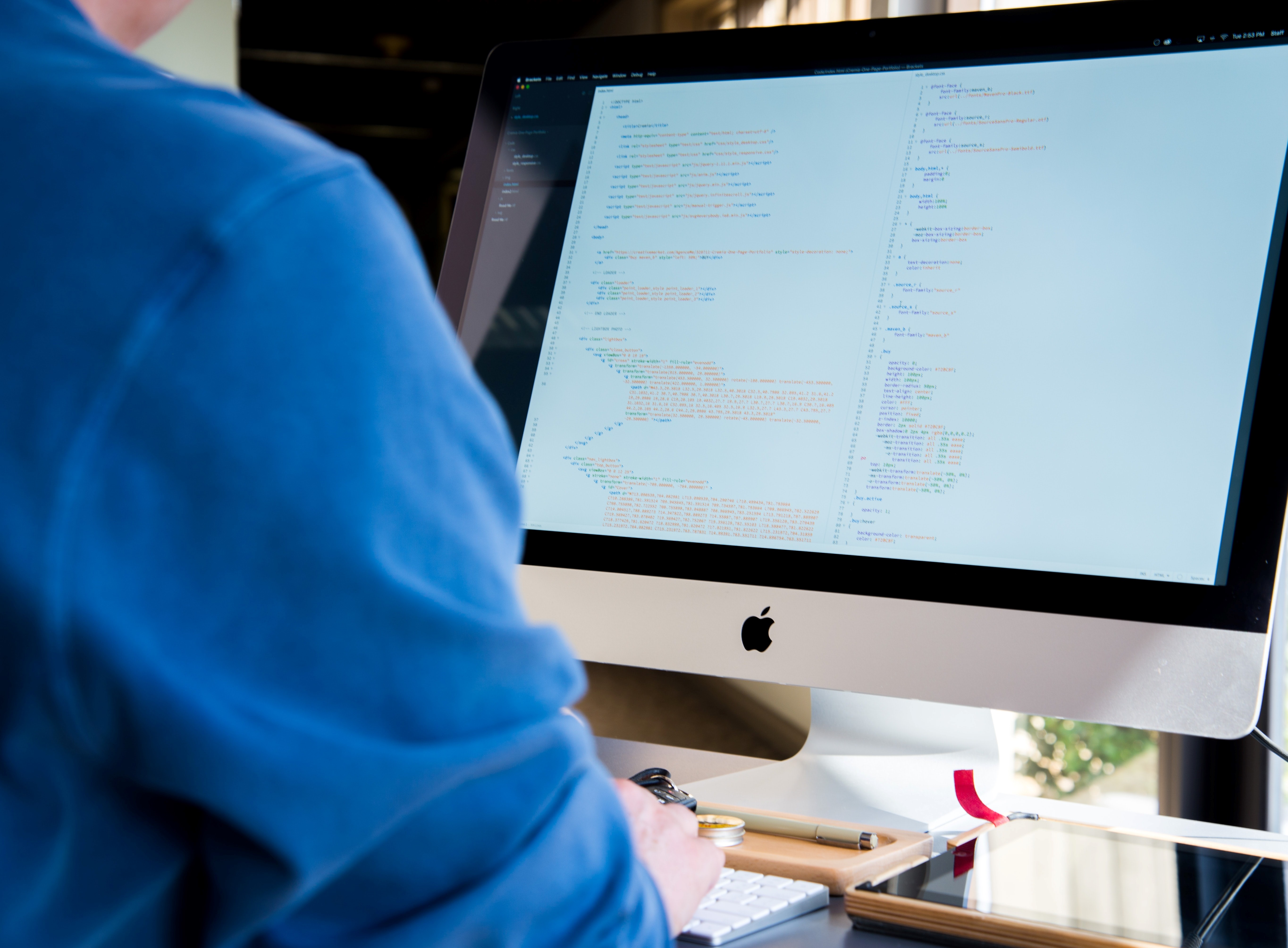New research finds that AI is improving the way the legal sector operates
Associated people
The use of artificial intelligence (AI) assisted lawtech in law firms is changing the way that firms operate – but the traditional legal practice business model is likely to survive, a new report from the University of Oxford has concluded. The report, AI-assisted lawtech: its impact on law firms, was produced by an interdisciplinary team of researchers at the university. The researchers spent almost three years studying the impact of AI lawtech on law firm working practices, recruitment behaviours, training needs, and third-party collaborations.

Yet, despite the operational changes associated with the deployment of AI-lawtech, many law firms are not significantly changing their business models or hiring practices. Rather than using AI-lawtech to generate significant sources of new revenue, law firms were more likely to use the technology to improve their internal operational efficiencies. And, instead of recruiting a large number of lawtech professionals, law firms tended to work in partnership with third party providers, who develop AI-lawtech solutions on their behalf.
Looking forward, the report does not anticipate significant changes to the traditional law firm business model as a result of AI-lawtech usage but suggests changes to the skills mix of professionals within law firms. Historically, lawyers’ skill demands have focused strongly on software packages used by their employer and there is a noticeable trend towards a greater percentage of lawyers wanting to learn about data analytics, innovation techniques, project management, software coding, and related technology skills. Lawyers with these additional skills are increasingly described as “T-shaped lawyers” or “legal technologists”, due to their deep domain expertise in law coupled with a broader understanding of the technology that surrounds the delivery of legal services.
Commenting on the report’s findings, research project lead Professor John Armour says:
Our report paints a broadly positive picture of the impact of AI lawtech on the English and Welsh legal sector. True, we see little evidence that AI lawtech is significantly impacting on law firms’ traditional business models, which remain very much lawyer-led. But what we are seeing is lawyers’ use of the technology to work more efficiently, and more collaboratively with other specialists. Perhaps the most significant uncertainty that surrounds the development and usage of AI-assisted lawtech is the issue of when client data can, and cannot, be used to aid the solution’s development.
Professor Mari Sako, who co-led the research into the impact of AI-lawtech on law firm business models, adds:
We’re starting to see a clear division of expertise between lawyers who are involved in the development of AI lawtech as producers, and those who mainly use the technology as consumers. As more lawyers develop their technology-related skills, it will be interesting to see what impact these changes have on the wider legal profession. It is possible that, in future, lawyers with these skills will stop regarding themselves as being traditional lawyers, and instead regard themselves as being part of an emerging profession of legal technologists.
AI-assisted lawtech: its impact on law firms is available from the University of Oxford’s AI for English Law publications page.



